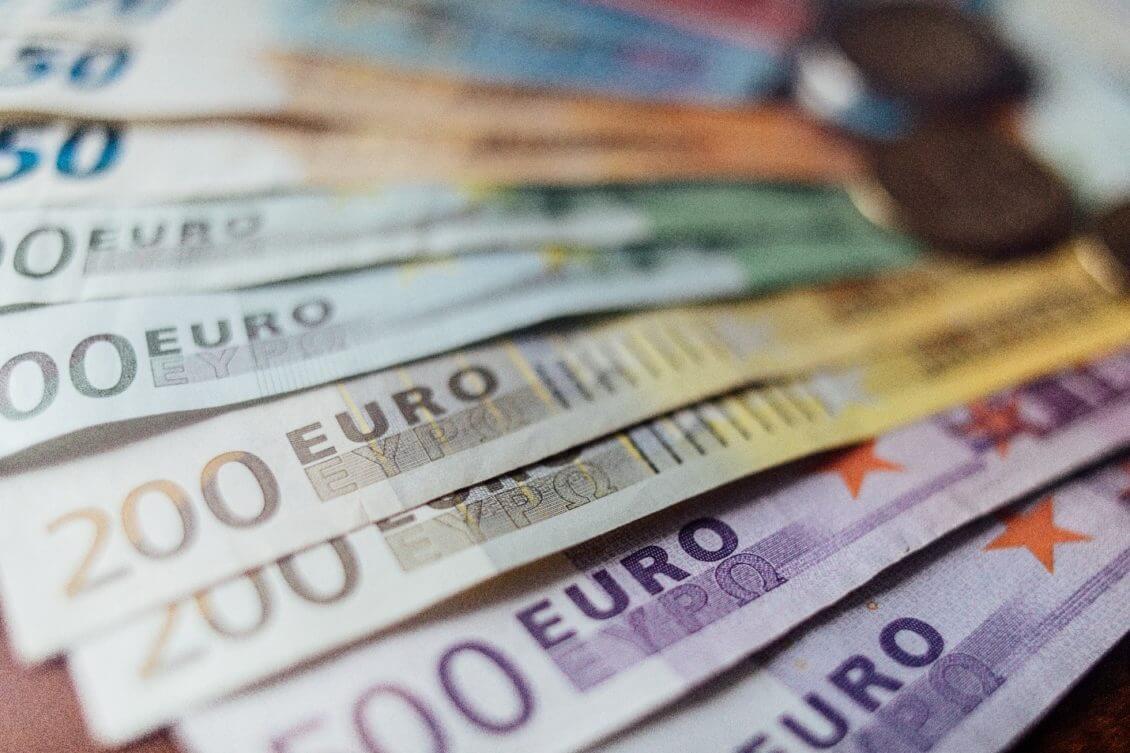On Thursday, the euro decreased to a four-week low versus the U.S. dollar after the European Central Bank president flagged further monetary easing within December.
The greenback also boosted to a three-week record against the Switzerland current, while it rallied from a five-week trough against the yen.
Data revealing record pace in U.S. economic extension for the Q4 and an improving trend in jobless claims initially hurt the greenback as a safe-haven, as the news increased risk appetite and raised stocks. However, according to analysts, positive data should help the dollar in the long-run.
Significantly, the market’s focus was on the Europen Central Bank, as Europe grapples with the increase in coronavirus infections that forced national lockdowns in Germany and France and a regional lockdown in Spain.
The European Central Bank, which kept interest rates steady, committed on October 30 to contain the increasing fallout from the second wave of Covid-19 cases, saying it would hone its answer at its December meeting.
Christine Legardem ECB announced that they agreed that it was essential to take action and, therefore, to recalibrate their instruments at their next Governing Council meeting.
Coronavirus triggered the worst market sell-off
The euro decreased by 0.6% and settled at $1.1671 in the afternoon trading, while in the previous session, it fell to a four-week low of $1.1650. The euro also lost 0.3% against the yen to 122.14 yen.
Another essential thing is that increasing coronavirus cases in Europe, with uncertainty about upcoming United States elections, triggered the worst market sell-off after June during this week.
With the euro as the most significant components, the greenback index boosted to a four-week high, and in the last session, it gained 0.5% to 93.942.
Significantly, according to an advance estimate on Thursday, gross domestic product recovered at a 33.1% annualized rate last quarter.
The report also revealed that 751,000 people filed for state unemployment benefits in the week ended October 24 while it stood at 791,000.
According to Matthew Eidinger, market strategist at Cambridge Global Payments, the increase in U.S. coronavirus cases that could mean more restrictions, which could derail the economy’s recovery.
Additionally, the greenback increased by 0.4% and settled at 104.67 yen against the yen, while in the previous session, it reached a five-week low.
The U.S. dollar also boosted 0.6% against the Switzerland currency and touched 0.9160 francs. Significantly, in an earlier session, it hit a three-week high of 0.9172.










